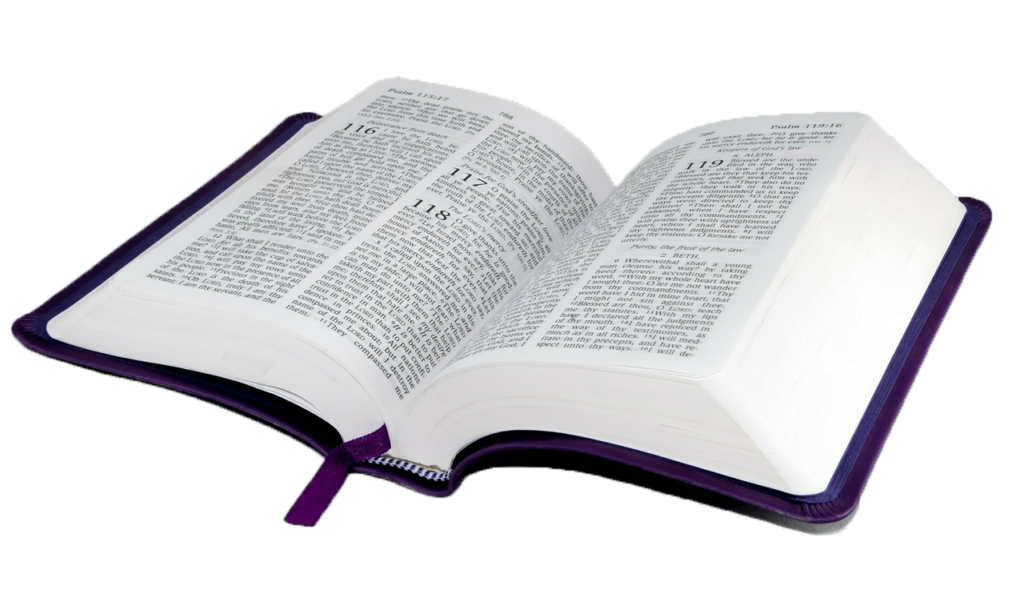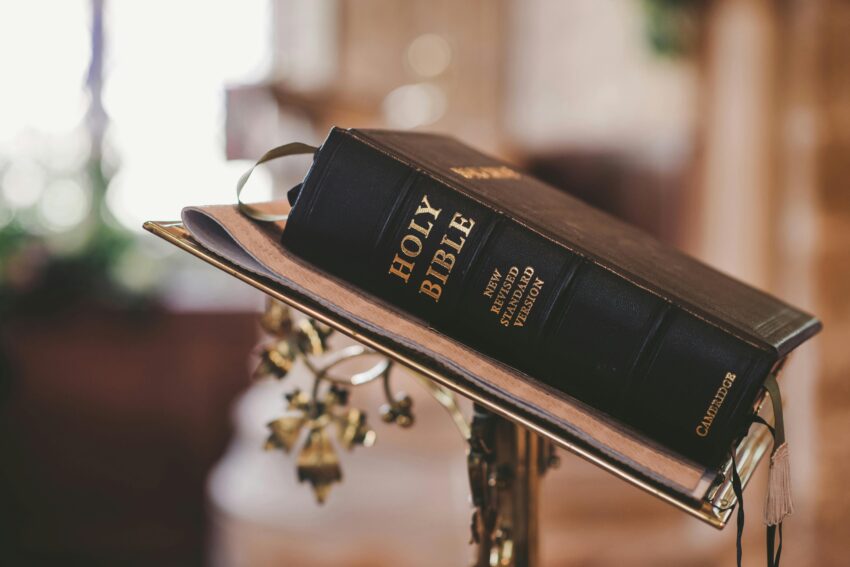The high priest Caiaphas calls for Jesus’ death. John 11: 45-56
In Barbara Kingsolver’s haunting novel The Poisonwood Bible, Nathan Price is a Baptist minister from Georgia who uproots his family on an ill-advised mission to the Belgian Congo in 1959.
The Reverend Price is convinced that God has called him to convert Africa, but his self-righteous arrogance dooms his mission from the start. He refuses to understand, for example, how his obsession with river baptism is an affront to the traditions of the villagers of Kilanga – the natives have no interest in rushing toward salvation in the next life by bathing with crocodiles in this one. The people listen politely on Sunday mornings as he rails against sin and denounces their pagan ways, but they carry on their faith in their village’s “personal gods.” In his rigid, unyielding preaching and his blindness to the realities of Congolese culture, the preacher’s mission is a complete and utter failure; his proclamation of the “good news” instead brings misery and destruction.
But Nathan’s long-suffering wife Orleanna and their four daughters quickly realize that the Congolese are not savages who need saving. In the harsh conditions of their existence, the people of Kilanga possess a tangible sense of God’s grace in their lives. The Price women see it in the village’s warm welcome to them when they first arrive. Throughout the family’s stay in Kilanga, the villagers reach out to them, teaching them and readily giving to them from their dire poverty, enabling the floundering Americans to survive the unrelenting heat, the harsh rains, the constant want, and the dangerous political situation the family is totally unprepared and ill-equipped to deal with.
In the end, it’s the American Christians who are transformed by the African experience. In the course of the family’s tragic undoing and remarkable reconstruction, the “pagan” African villagers they have come to “save” reveal to them the compassion, generosity and respect of the God of all.
Compassion, forgiveness and mercy are only words until our actions give full expression to those values in our relationships with others. But the Nelson Prices and Caiaphases of the world cannot — will not — see beyond their ordered, self-centred and controlled world. Like them, we are so intent on controlling our lives that God, the Giver of life itself, is exiled from our lives, called back only when things go wrong or we need some kind of divine endorsement or affirmation; like them, we can rationalize our actions to protect our self-centred interests.
But discipleship demands that we embrace our crosses as Jesus takes up his. The promise of the resurrection is fulfilled in our lives only when we make that Good Friday journey with Jesus. No excuses can justify or rationalize our walking away or remaining silent. Being true to our baptisms requires a clear, unequivocal, active yes to the Gospel of the Crucified Jesus.
Christ Jesus, may we walk with you to the Kingdom of your Father with courage to live your Gospel, with openness of heart to embrace your spirit of servanthood, with eagerness to bring your healing and peace to our families, communities and world. May our faithfulness to your Gospel compel us to seek your love in every relationship, your forgiveness in every crisis, your justice in every trial.
Fr John Frauenfelder

Subscribe to our newsletter!
